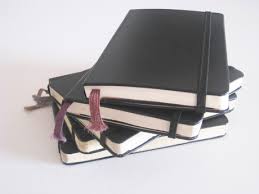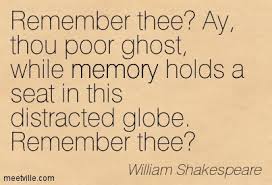My younger sister asked me, “What is your blog on tonight?” I said, “I have to talk about what philosopher I relate to the most.” She replied, “Which would that be?” and I said, “Seneca”
She asked me why and I began to wonder why I felt that I could relate to him the most. In William Powers, Hamlets Blackberry, he talks about Seneca and his work. Seneca talked about not losing yourself while trying to stay connected with everyone, he wanted us to stay within ourselves while still maintaining that sense of connectedness. We all need a couple hours out of our days to just think about ourselves and what we need to do to better our lives, but can we really stand not checking our cell phones that whole time? Chapter 12 suggests that we try having a conversation with someone with out any screens, just a good focused, undistracted chat. Not many of us would be so willing to put that cell phone aside for a couple minutes. Even limiting ourselves to one screen at a time is a step, when I started this blog assignment I realized that I kept going form the computer screen to my cell phone screen and trust me I stopped that real quick because I don’t want to be one of those people that constantly need to have a screen in front of their face.
Another great suggestion is having other people as your search engines. Start a conversation with these people, ask about things going on in their lives or your relatives lives. These simple steps make you realize you don’t need technology for everything! There are ways to stay connected without actually being connected.
We need to find our escape, something that makes it easier for this to happen. Some of us think we have found that “something” when in reality they are just running away from the “crowd-induced state of mind.”
“The man who spends his time choosing one resort after another in a hunt for peace and quiet, will in every place he visits and something to prevent him from relaxing” Once we figure out how to escape these things we will then be able to connect with our inner space and continue to make that connection stronger.
Don’t lose yourself.


